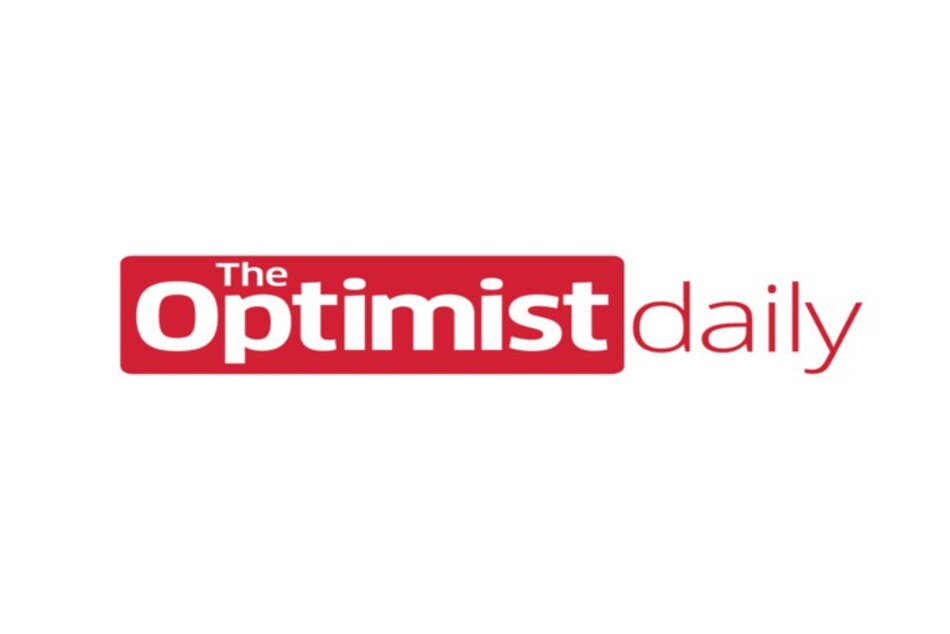The recent outbreak of war in Ukraine has forced many refugees to seek safety in countries throughout Europe. They are one part of a global diaspora of people escaping their homes due to war, discriminatory laws, little opportunity, and safety concerns. Despite this understandable reasoning, many media outlets focus on the illegality of refugees, dehumanizing these individuals and planting dangerous rhetoric into the public sphere.
“When I came to this country and had a very difficult experience of being rejected, I found that the experience of not being believed was equally terrible and difficult to cope with as the war experience,” recalled Bosian born Zrinka Bralo, Chief Executive of Migrants Organise to Each Other. “There was something so dehumanizing within that experience of somebody in a dark, gray bureaucratic room deciding that my application for protection is made up or not genuine, as they like to say.”
Bralo believes improving public perception of migrants and refugees is crucial to ensure basic human rights for people who have survived hardship and also in preventing future genocides. “I feel this promise of ‘never again’ tends to be betrayed when it comes to refugees,” she said. “Many governments and countries around the world will talk about the past in a positive light and somehow refugees are okay if they’re in history.”
She then goes on to draw a stark comparison of what happened to Jewish refugees throughout Europe less than 100 years ago, which was perpetrated by centuries of fearmongering by governments. In the wake of Days of Remembrance – an annual commemoration of the Holocaust in the U.S. – this is especially important to reflect upon.
How do we change this rhetoric?
Bralo believes that healing is the first step towards improving public perception of refugees. Removing the rhetoric that there is danger in the “other” can bridge gaps between communities, substantially improve mental health, and working towards a collaborative future of togetherness.
World leaders recognizing the humanity of migrants could greatly sway public opinion. Too commonly, a dehumanizing media voice focuses on the pessimistic economic impact or legal status of migrants and refugees. Simply making space for alternative experiences and stories in the press could change people’s perspectives and empower the 26.4 million refugees scattered across the globe.
To avoid repeating history, we all must join in this effort and insist on people’s humanity being recognized. Bralo went on to explain that organization is key here, making the point that “we all admire people like Martin Luther King Jr. and Rosa Parks, but these are not heroes who spontaneously combusted into the act of heroism. These are people who spent their entire lives organizing for justice.”










